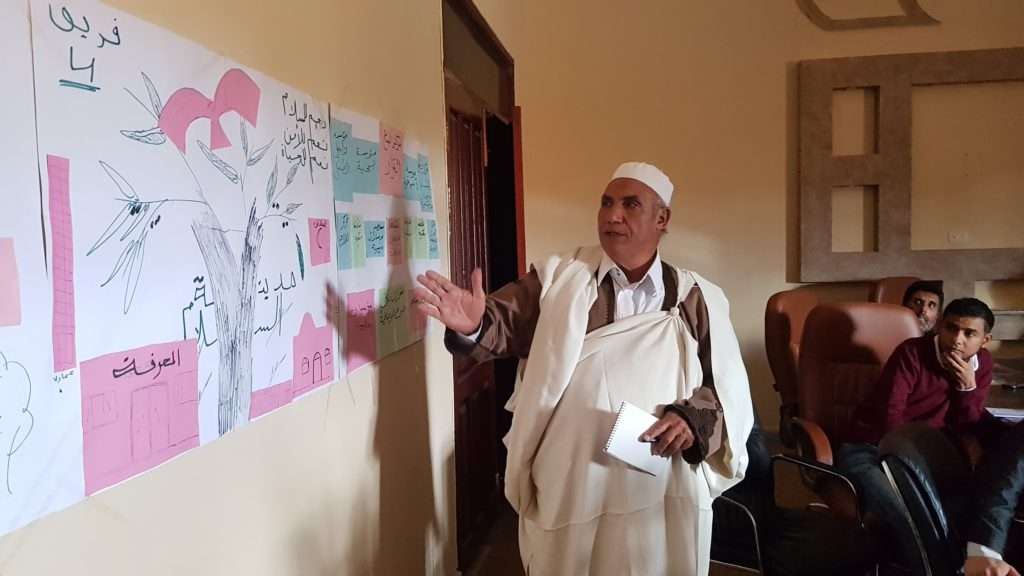Recent resources

Turkey’s approach to stabilisation: implications for the peacebuilding sector
This report examines Turkey’s increasing engagement in stabilisation and peacebuilding efforts.
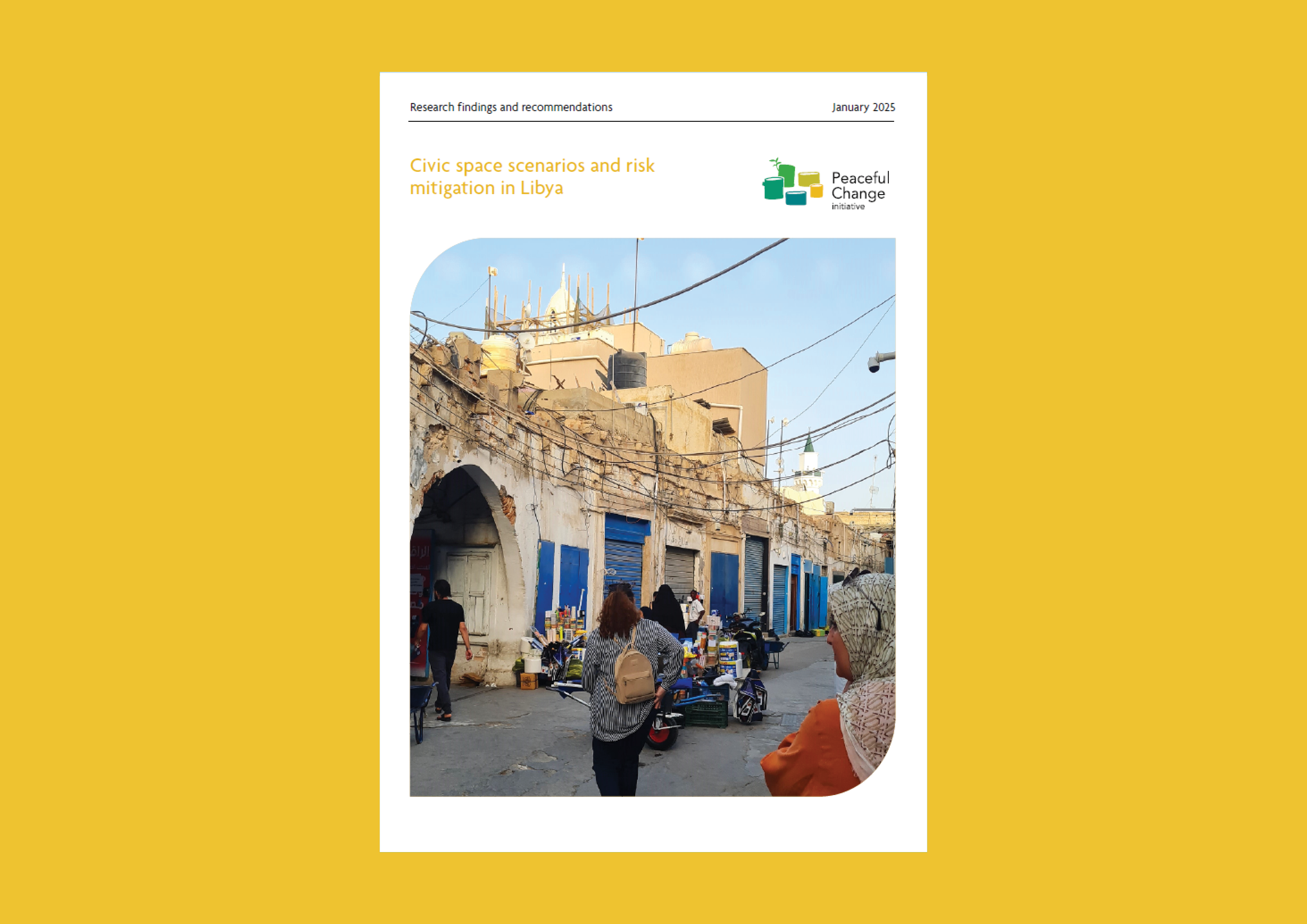
Civic space scenarios and risk mitigation in Libya
This paper highlights how international donors international donors who partner with Libyan CSOs can help protect and expand civic space in Libya.
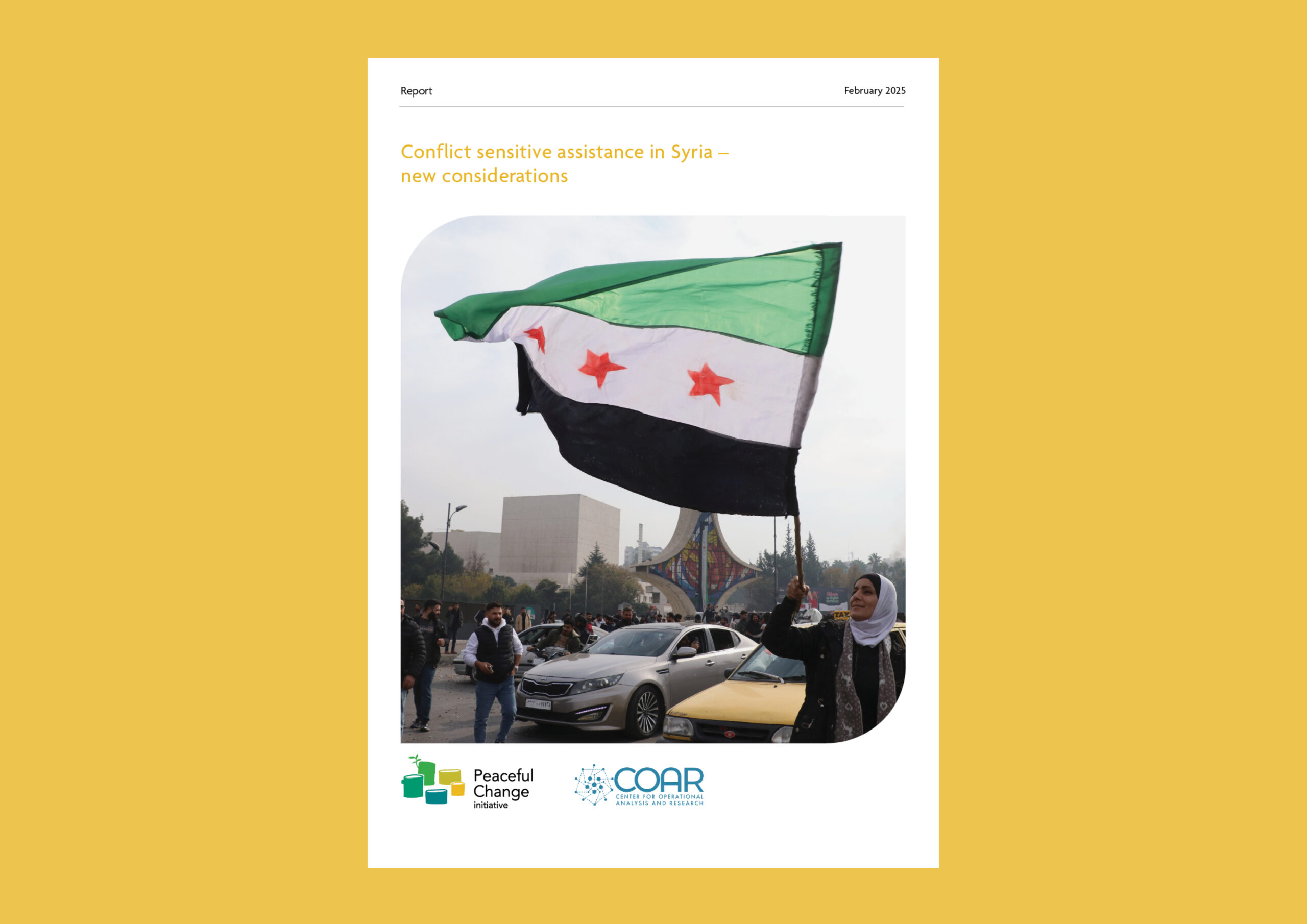
Conflict sensitive assistance in Syria – new considerations
This report outlines a number of ways in which international assistance risks doing harm and ways in which it can contribute to peace in Syria.
Youth perspectives on peace in south Serbia
Building a more inclusive peace: women’s inclusion and leadership
Renewing commitments to the cause of peace
Youth perspectives on peace in south Serbia
Building a more inclusive peace: women’s inclusion and leadership
Conflict sensitivity master class series
This podcast series challenges many of the traditional tools of conflict sensitivity, and advocates for more pragmatic approaches to implementing conflict sensitive programmes. The series also introduces a range of new conflict sensitivity tools.
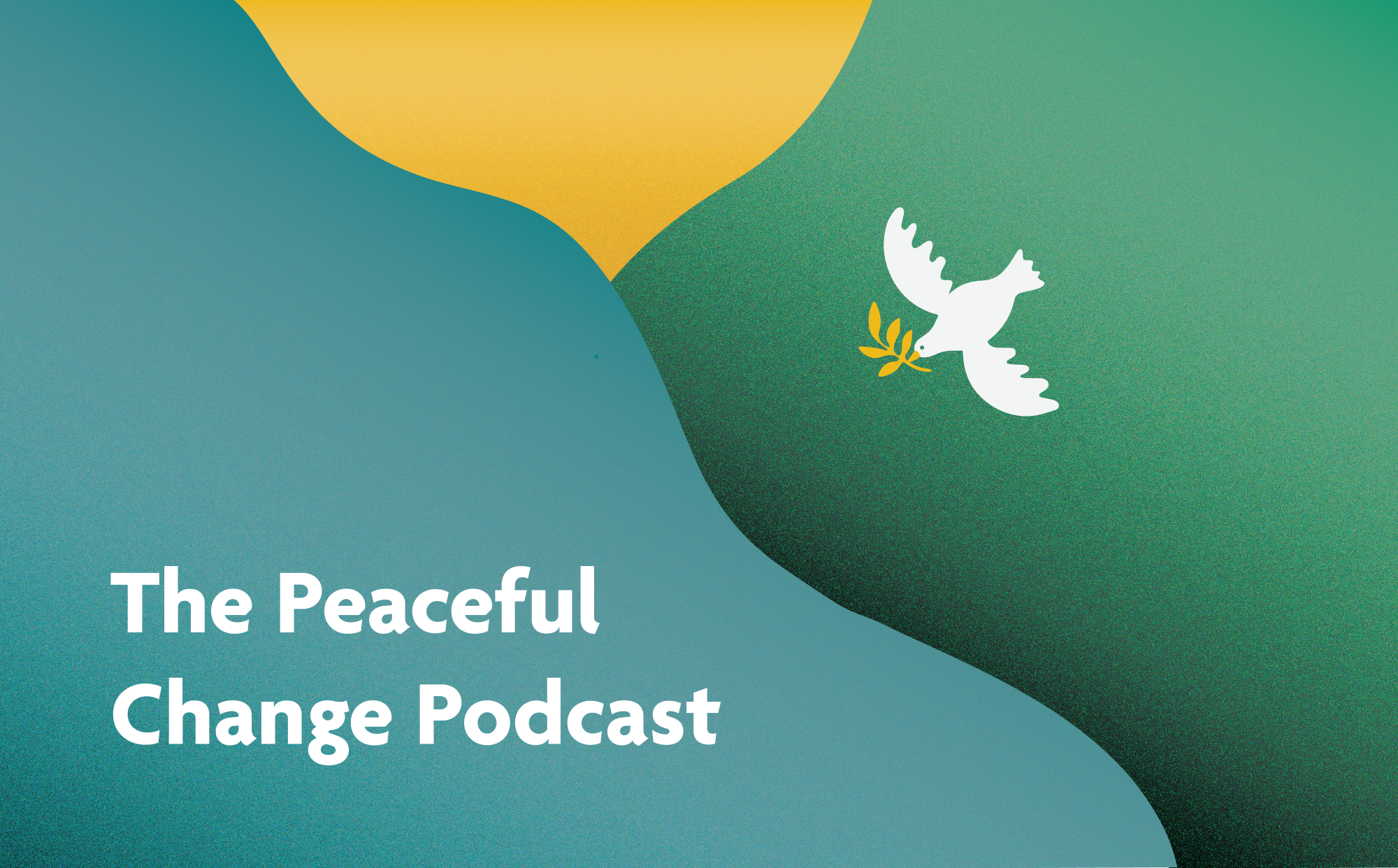
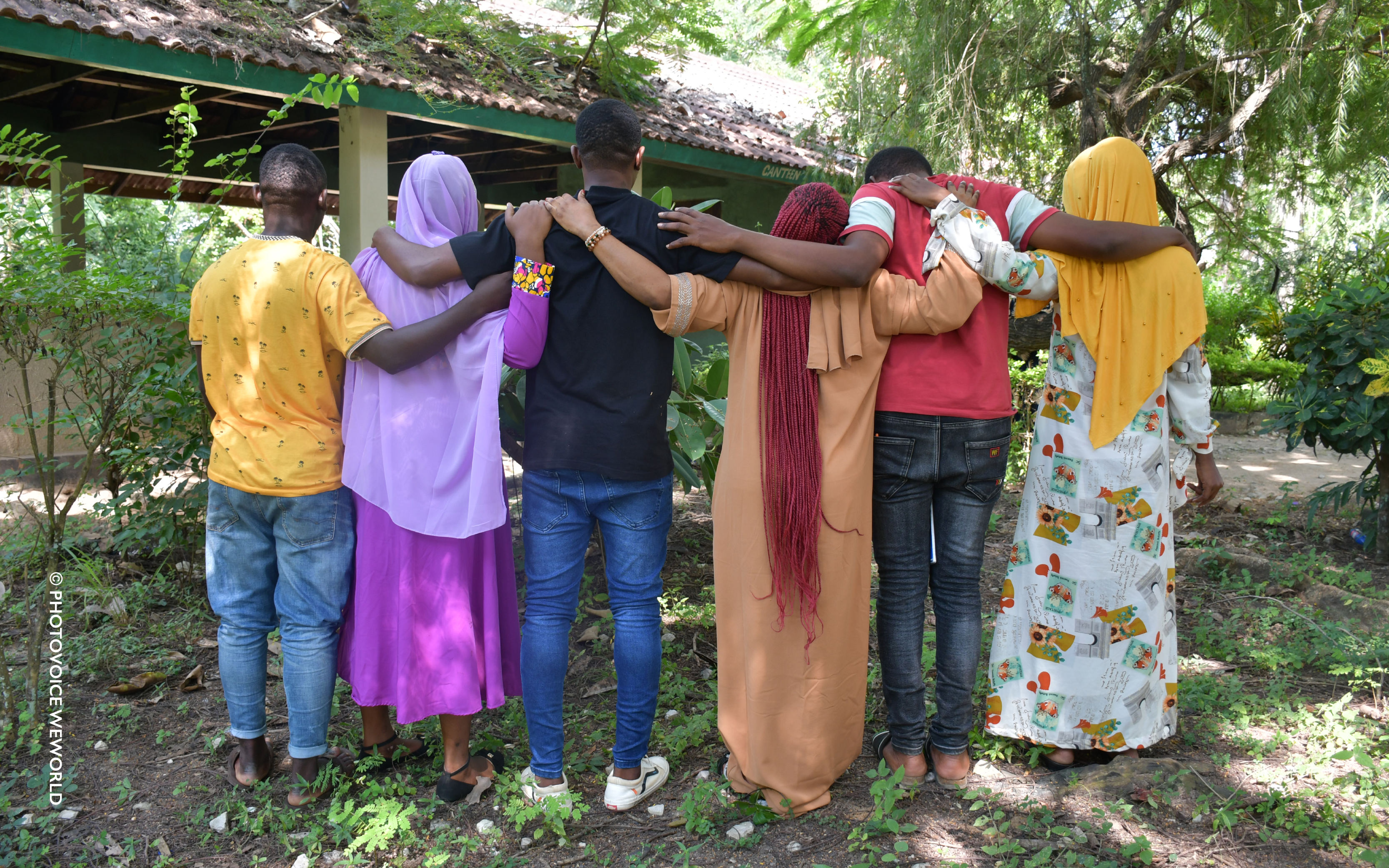
Young people and peacebuilding in the Swahili Coast
Young people are critical to building and sustaining peace in their communities, but they are often excluded from peace efforts. Our latest report explores the intersection between youth, culture and peacebuilding along the Swahili Coast.
Where we work
Youth perspectives on peace in south Serbia
Building a more inclusive peace: women’s inclusion and leadership
Renewing commitments to the cause of peace
Youth perspectives on peace in south Serbia
Building a more inclusive peace: women’s inclusion and leadership
How we support peaceful change
We establish deep knowledge and strong partnerships where we work. This allows us to do both the long-term work of building peace and to respond rapidly and effectively to crises.
